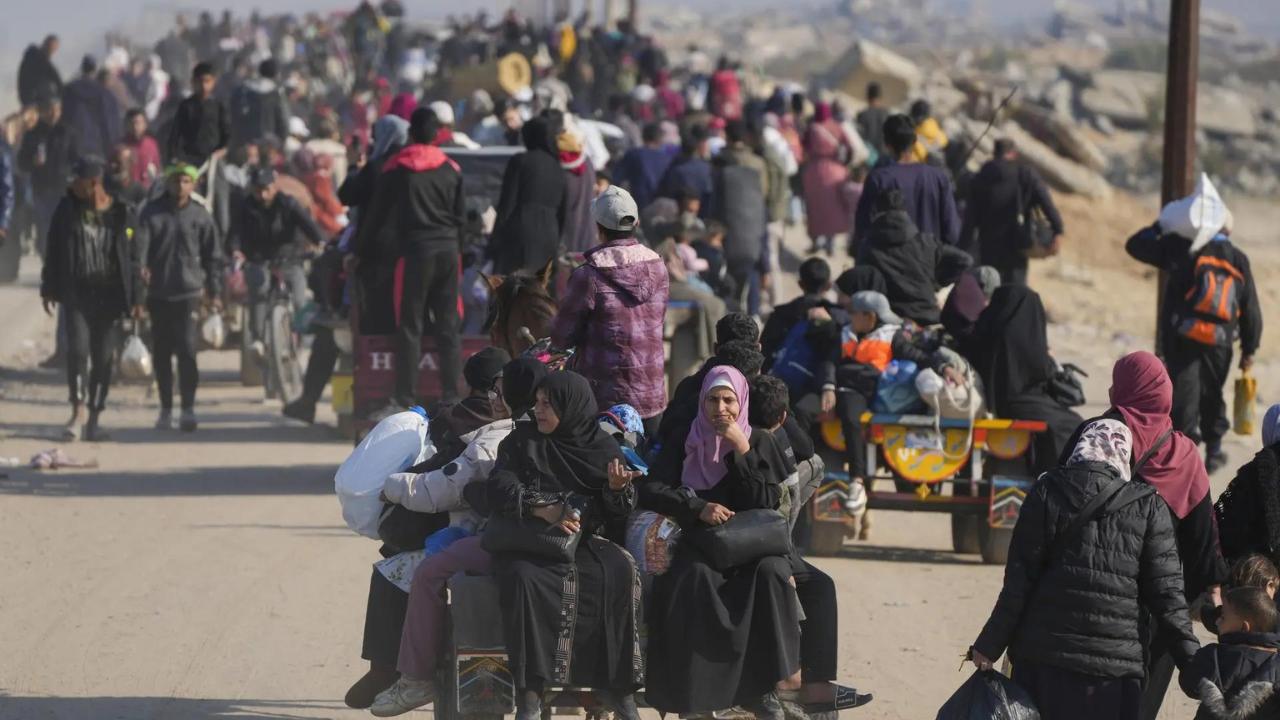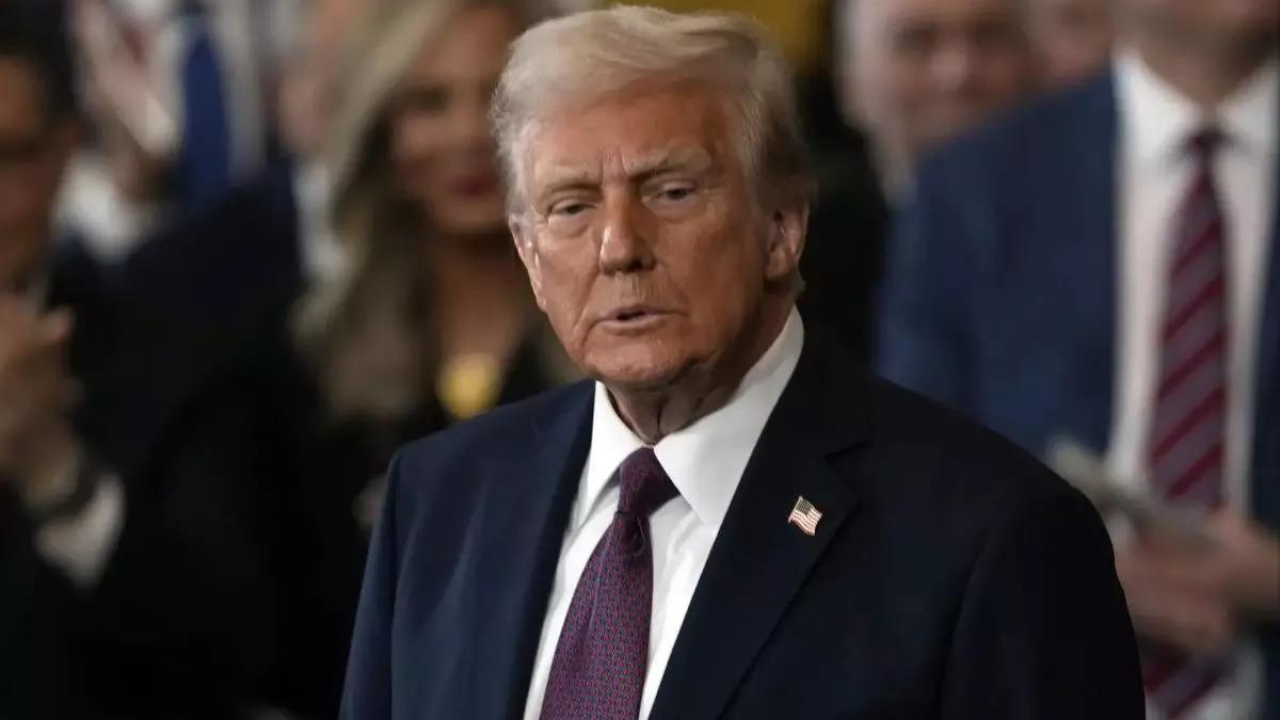As China Slaps US With Retaliatory Tariffs, The Trade War Begins

Join our WhatsApp Community to receive travel deals, free stays, and special offers!
- Join Now -
Join our WhatsApp Community to receive travel deals, free stays, and special offers!
- Join Now -
The trade tensions between the US and China have escalated significantly, with China imposing counter-tariffs on US imports in response to President Donald Trump's 10% tariff on Chinese goods. This move has reignited the trade war between the world's two largest economies, with China's Finance Ministry stating that the US tariffs violate World Trade Organisation rules.
China lashed out saying Beijing "may be forced to take countermeasures" and emphasised that there is "no winner in a trade war".
"We are firmly opposed to this unwarranted increase and we do believe that this is in violation of the WTO (World Trade Organisation) rules," China's Permanent Representative to the UN Ambassador Fu Cong said.
China's retaliation includes a 15% tariff on US coal and liquefied natural gas exports, as well as a 10% tariff on crude oil, agricultural machinery, and large-displacement cars. These tariffs are set to take effect on February 10. Additionally, China has imposed export controls on rare metals such as tungsten, tellurium, ruthenium, molybdenum, and ruthenium-related items, citing national security interests.
In a surprise move, China has also launched an antitrust investigation into Google, alleging monopolistic practices. This probe is seen as a strategic response to the US tariffs, with China's State Administration for Market Regulation stating that Google is suspected of violating the country's Anti-Monopoly Law.
The US tariffs, which came into effect on Tuesday, are part of Mr. Trump's efforts to pressure China into halting the flow of illicit drugs. However, China's swift retaliation has raised concerns about the potential consequences of this trade war. Mr. Trump's description of the tariffs as an "opening salvo" in his trade offensive against China has only added to the tensions.
"President Trump is taking bold action to hold Mexico, Canada, and China accountable to their promises of halting illegal immigration and stopping poisonous fentanyl and other drugs from flowing into our country," the White House said.
"On this issue, the U.S. should approach this issue more from its own perspective. For instance, look at the demand side of fentanyl rather than shifting the blame onto others. I don't think that will be good for the US itself," Mr. Fu Cong responded.
Despite the escalating tensions, there is still hope for a resolution. Mr. Trump is expected to speak with Chinese President Xi Jinping in the coming days, and analysts believe that the two leaders may be able to negotiate a mutually beneficial agreement, easing the trade tensions and preventing further economic disruptions.
The impact of this trade war will be far-reaching, with both countries facing potential economic losses. China's tariffs on US imports will likely affect American businesses and consumers, while the US tariffs on Chinese goods may lead to higher prices and reduced demand.
What's Your Reaction?
 Like
0
Like
0
 Dislike
0
Dislike
0
 Love
0
Love
0
 Funny
0
Funny
0
 Angry
0
Angry
0
 Sad
0
Sad
0
 Wow
0
Wow
0








































![Today's hottest deals - Kinsley Iron Blue Desk Pot at just Rs.49 [MRP ₹299]](https://savefree.in/uploads/images/202504/image_870x580_680c89dae6fdb.webp?#)















